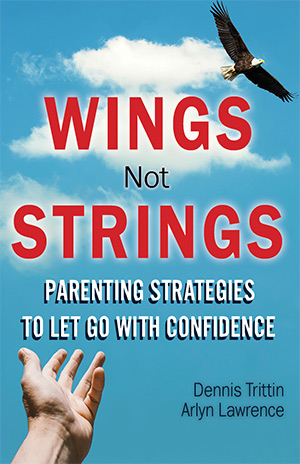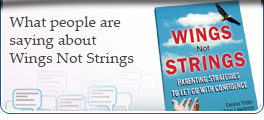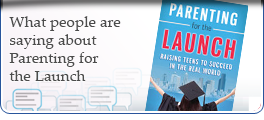Eight Ways to Avoid "Foot-in-Mouth" Disease
4/17/2017 7:14:01 PM
These days, it feels like the majority of our communication is online. Thanks to Facebook (and other social media platforms), e-mail, blogs, and the capability for many career positions to work remotely, most of us are more comfortable communicating online than we are in person. In fact, because we live in such a tech-inundated world, face-to-face communication skills (especially amongst young people) are at their all-time worst. Needless to say, we could all use some tips on how to avoid miscommunication—for those times when a text message or SnapChat just won’t do.
You see, it’s not uncommon for the messages we send to be received differently than we intend. And when it happens, it can be a disaster. It’s crucial that we are aware of the way we say things and how we come across to others. This applies to making first impressions at job interviews, dating, relating to your employers, making new friends, and more. It can’t all be done online! (Thank goodness!)
Miscommunication can happen to all of us. Fortunately, there are some simple things you can do to minimize it. Three things affect how others receive our messages… and any one of them can be the cause of major misunderstandings if we’re not careful. As you step out from behind your computer, look up from your smart phone, and engage with the people around you, keep these three tips in mind:
1. Word choice – This factor is huge, especially when we discuss sensitive topics and issues we are passionate or emotional about (e.g., politics and religion). In these situations, our emotions can interfere with our thinking, and we often use more provocative language that we later regret. As a result, the other person can become hurt and offended. Take a deep breath or two before you speak so your internal filter can soften your rhetoric.
2. Delivery – Sometimes it’s our manner of delivery that gets in the way, even if our word choice is fine. Delivery is especially important when meeting people for the first time. Examples include speaking with a harsh (or bored, unenthusiastic, or condescending) tone of voice or displaying certain expressions and body language that are not received well by others (crossing arms, standing over someone, frowning, smirking, rolling eyes). No matter what words we use, if the “packaging” is incongruent, our message will lack credibility and rub people the wrong way. Always pay attention to the non-verbal cues your audience is sending!
3. Filter – (No, I’m not referring to Instagram.) Depending on whether your audience likes or distrusts you, whether they’re in a good or bad mood, focused or distracted, your message may not get through in the way you intended. Unfortunately, this happens all the time, and you can’t control it. Filter is the one aspect of miscommunication is that most out of our control.
In short, here are eight ways to help you avoid miscommunication with others (and prevent needing to put your foot in your mouth or apologize down the road):
- Be sure your expression (body language, facial expressions) are in sync
- Think before you speak
- Strive to be empathetic by putting yourself in the receiver’s position
- Closely monitor the receiver’s body language to see whether he or she may be interpreting your words differently than you intend.
- Be a discerning listener when they respond
- Be quick to apologize for any misunderstandings
- Avoid coming on too strong, especially with people who don’t know you well. It takes time to build the relationship capital needed for people to give you the benefit of the doubt.
- Remember, it’s okay to be professional in casual settings, but not the reverse!
How do your own in-person communication skills rate? Do you have any other tips on avoiding miscommunication you’d like to share?
Note: This is an excellent lesson for role-playing in the home or classroom. Encourage your teen or students to act out different scenarios in which the verbal communication could be misinterpreted. You will find a great lesson in our What I Wish I Knew at 18 study guide on this subject.
Tagged as: communication, life skills, interview tips, miscommunication, relationships, dating, professionalism



















